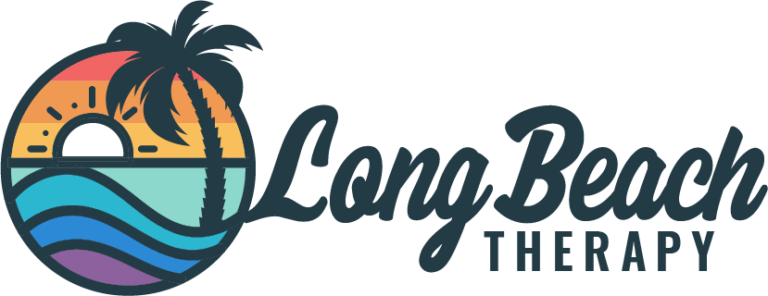Discrimination Prevents LGBTQI+ People From Accessing Health Care.
Written by a therapist in Long Beach.
Accessing healthcare in the United States is complicated as-is. However, accessing healthcare as a lesbian, gay, bisexual, or transgender (LGBTQI+) person complicates this because of the discrimination and judgment that occurs in the medical field. Though topics like HIV/ AIDS, gender affirmation surgery, hormone replacement therapy, and STDs should not be stigmatized, they can cause issues for LGBTQI+ people who need to discuss this with medical professionals. As a result, according to the Human Rights Watch, “Many LGBT people have difficulty finding providers who are knowledgeable about their needs, encounter discrimination from insurers or providers, or delay or forego care because of concerns about how they will be treated.”
Without proper education or understanding of LGBTQI+ medical concerns, this marginalized community avoids medical situations or receives unfair treatment. Let’s face it, no one looks forward to having to see a doctor or having a procedure done, so feeling uncomfortable because of your gender identity or sexual orientation only makes matters worse. By not feeling free to speak about what is ailing someone or discussing personal healthcare issues, LGBTQI+ people may receive inadequate care. Additionally, questions surrounding sexual intercourse or contraceptives might not ever get brought up by an LGBTQI+ person because of the lack of awareness by medical staff. Sadly, the default for these types of conversations is heterosexual or cisgender people.
Imagine this scenario: you are a transgender person wanting to see a doctor for a routine medical procedure. What might seem like an ordinary doctor’s visit could take a turn for the worse if you face a biased doctor with no understanding of transgender issues. Unfortunately, this scenario is all too familiar to transgender individuals. According to www.blog.lighthouse.lgbt, “…doctors routinely use abusive language and overtly transphobic terminology, ignore the specific medical needs of trans and [gender nonconforming] GNC individuals, and often use shame and normative gender/sexual assumptions to alienate these patients during visits.” Rather than going to the doctor for guidance, transgender people regularly feel unwelcomed or end up having to educate medical staff.
Keeping all of those issues and struggles in mind and adding “uninsured or underinsured” to the mix creates an even bigger problem for LGBTQI+ people. According to Lambda Legal, “As a whole, LGBT people are more likely to be uninsured than their heterosexual, non-transgender counterparts. They are also more likely to be in poverty.” If an LGBTQI+ person already has difficulty finding quality care, not having adequate healthcare coverage makes it even more complex because providers become limited by insurance or payment options.
Though one would assume that we have come a long way regarding LGBTQI+ issues, the healthcare field proves otherwise. There is still a lot for medical professionals to learn about LGBTQI+ medical issues, but that is not to say that it is impossible to find LGBTQI+ friendly doctors. When typing in “LGBTQIA+ doctors near me” or “LGBTQIA+ therapists near me”, you will quickly realize that a whole community of medical professionals who are passionate about working with LGBTQI+ individuals exists out there. Websites like glma.org or outcarehealth.org are also great places to start your search.
If you are an LGBTQIA+ person in California, please give us a call at Long Beach Therapy so that we can start your journey together.
Sources used in blog post:
